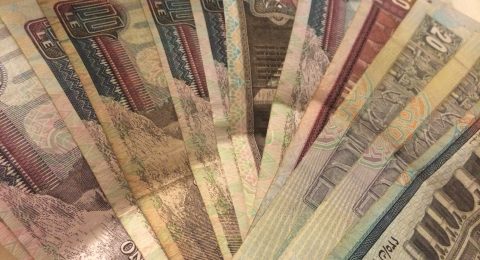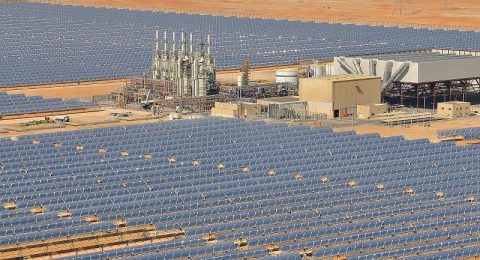Europe is likely to attract fewer liquefied natural gas (LNG) shipments than previously expected this summer as Egypt gears up to become the region’s top-paying importer, traders said, potentially increasing gas prices in northwest Europe.
While analysts still expect more LNG to land in Europe this year than in 2014, forecasts will be tempered by increased competition with Egypt, signalling tighter supplies at a time when Dutch authorities move to limit production from Europe’s biggest gas field.
That may force gas prices higher in northwest Europe as utilities look to refill depleted inventories, analysts said.
A year-long demand slump in Asia, the world’s biggest LNG market, has triggered a rush of sea-borne deliveries to typically overlooked European ports over the past two months, raising expectations that more will come during the summer.
“The start-up of new production plants in Australia and Papua New Guinea, with three more due to start in Australia this year, should mean that more flexible production from Qatar gets diverted into Europe,” an analyst at a European utility said.
Qatar is the world’s biggest LNG exporter and a major supplier to Europe’s most highly traded gas markets in Britain, Belgium and less frequently the Netherlands.
But with Egypt beginning LNG imports from April with roughly 31 cargoes due this summer at price premiums to Europe, some traders are working to re-route supplies.
Trafigura, Vitol and Noble Group have arranged to supply about 49 cargoes to Egypt over the next two years, with a further six agreed with Algeria for this summer.
That equates to about 1.5 billion cubic metres of summer gas, according to one analyst’s calculations, which exclude a 21-cargo deal being finalised by BP.
Trafigura’s two-year, 33-cargo commitment to Egypt will be met largely by Qatari production, traders said, which may lead to lower than expected Qatari deliveries to Europe, Dubai and India in the summer months.
Qatar is also due to supply Pakistan and Poland under new supply deals starting this summer, further tightening availability to key terminals in northwest Europe.
The remaining Egyptian supply will need to be sourced from nearby Atlantic production plants, picking off cargoes otherwise earmarked for Europe. Any strong Asian spot LNG price recovery could bleed away more Atlantic supply into eastern markets.
“If Egypt starts imports this summer, which is probable, European LNG deliveries will be reduced as Egypt will be a premium market in that region,” a trading house source said.
One Asia-Pacific trader said that companies are competing to buy spare Nigerian cargoes to supply Egypt.
Another trader at a Spanish energy company, which holds several LNG import deals, was approached to resell LNG to traders or re-export imported cargoes from Spain’s domestic terminals.
Gazprom is also working to conclude a separate multi-cargo supply deal with Egypt.
Source: Reuters












